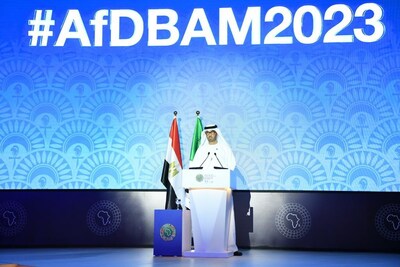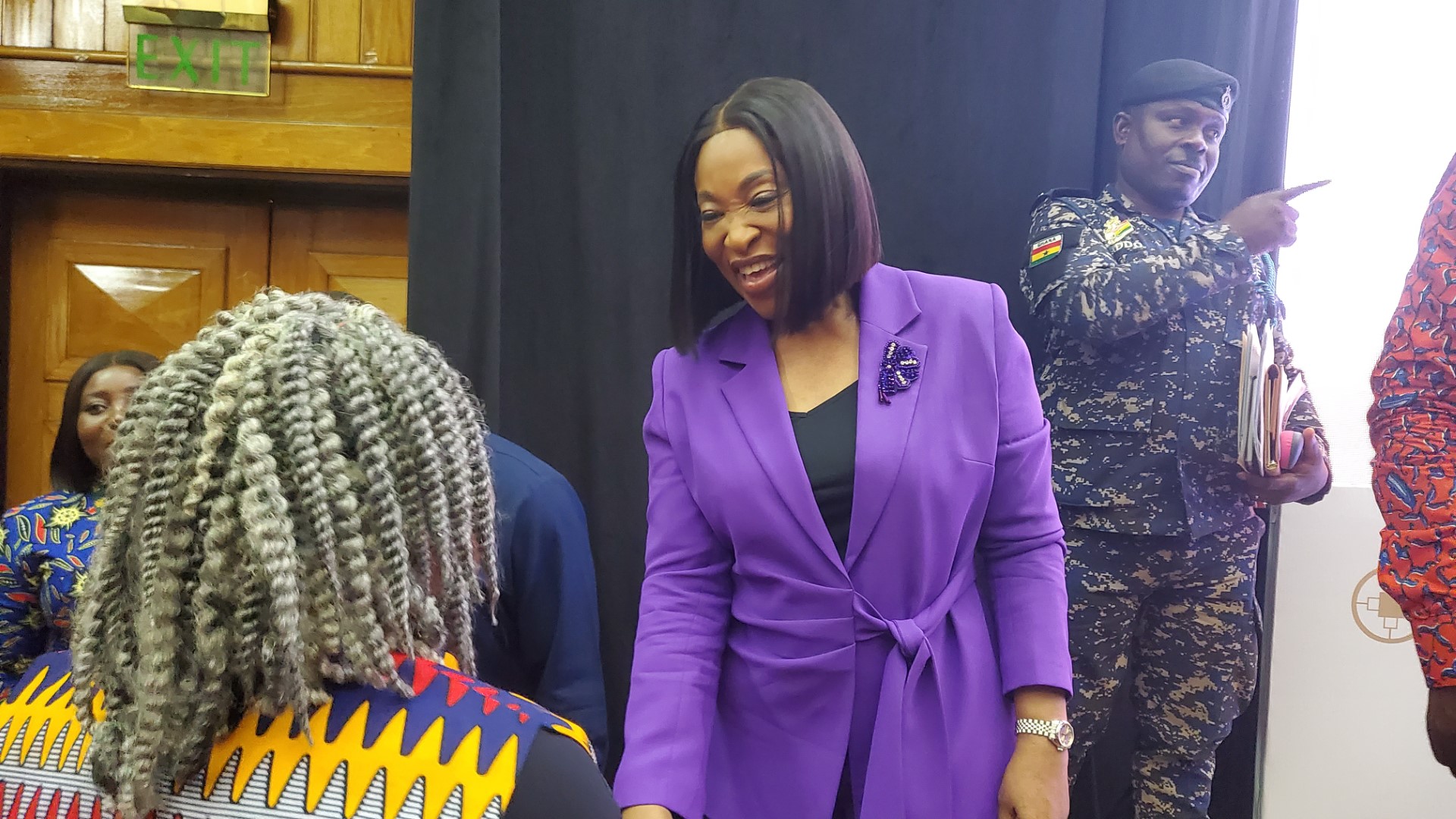


More than a decade ago, developed countries made a pledge of $100 billion to finance Africa’s climate change efforts. But that pledge is yet to be redeemed.
As a matter of known fact, African countries are the least contributors to greenhouse emissions that cause climate change, but the continent suffers the most effects of climate change. It is therefore imperative to ensure the availability of resources, particularly affordable financing to enable Africa to attain its climate goals.
Speaking at the Annual Meetings of the African Development Bank in Sharm el Sheik, Egypt, today May 23, 2023, the COP28 President-Designate, Dr. Sultan Al Jaber, called for a major boost to public and private finance to allow the African continent to battle climate change.
“Africa has huge potential for low-carbon growth and sustainable development. But one critical challenge stands in its way – and that is the lack of available, accessible, affordable finance. And this lack of finance is putting the world’s climate goals and Africa’s sustainable development at risk,” he said.
“When it comes to renewable energy, only two per cent of the three trillion dollars invested worldwide over the last twenty years have made their way to Africa. If we can shift the balance on climate finance to Africa, I believe this continent can become a defining force in low carbon sustainable growth,” he added.
Dr. Al Jaber argued further that as a first step in closing this finance gap, developed nations must live up to their historic responsibilities and come through with the $100 billion in climate finance they pledged over a decade ago.
“Failure to do so has undermined trust in the multilateral process, which must be restored. There are encouraging signals coming from donor countries on this front, which I hope will soon be followed by concrete action,” he said.
He further noted that Africa’s 54 countries have done the least to cause climate change – contributing less than four per cent of global emissions. Yet they are suffering some of the worst consequences: Over 700 million hectares of agricultural land across Africa are currently degraded – an area twice the size of India. And Africa is losing four million more every year. At the same time, droughts and famine are impacting lives and livelihoods, forcing migration and undermining the biodiversity that African people depend on for their livelihood. At the same time, over 600 million people lack access to electricity and almost one billion lack access to clean cooking fuel.
Dr Al Jaber indicated that to make the transformational progress that is required, the flow of private capital needs to be mobilized. To accomplish this, fundamental reform of International Finance Institutions and Multilateral Development Banks are required to unlock much more concessional finance, lowering risk, and attracting private capital.
“COP28 is exploring additional mechanisms to supercharge the flow of private finance to Africa. And, by adopting policies and regulations that create a favorable investment climate for the private sector, African governments can build a robust pipeline of sustainable investment.
“If we fail to deliver effective climate finance for Africa, many countries will have no choice but to follow a high carbon development pathway. And that is in no one’s interest,” he warned.
By Emmanuel K Dogbevi
The post Developed countries called upon to fulfil $100b climate finance pledge to Africa appeared first on Ghana Business News.
Read Full Story















Facebook
Twitter
Pinterest
Instagram
Google+
YouTube
LinkedIn
RSS